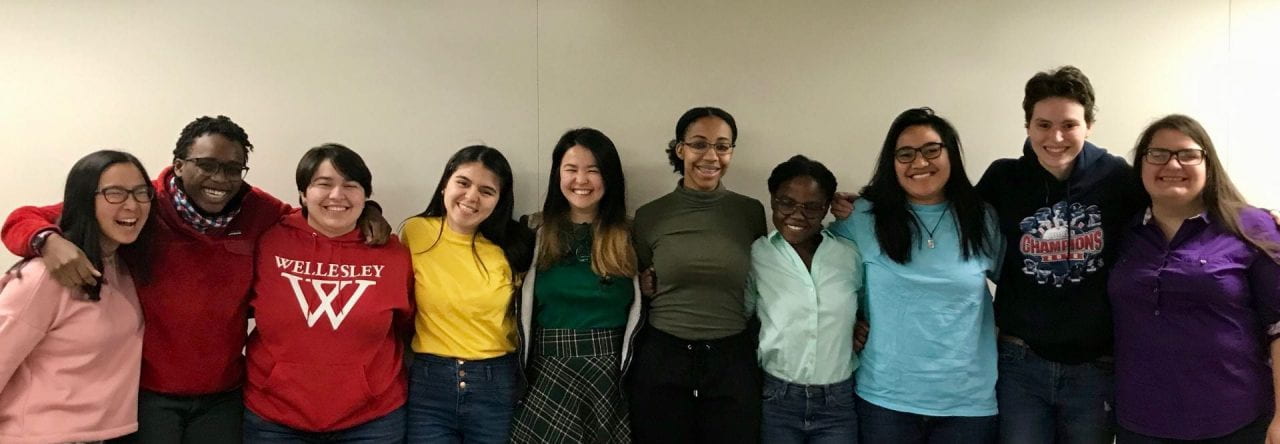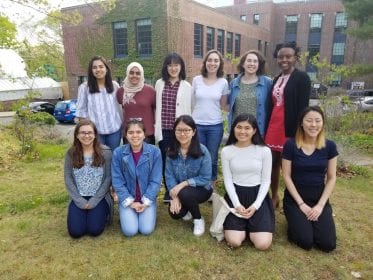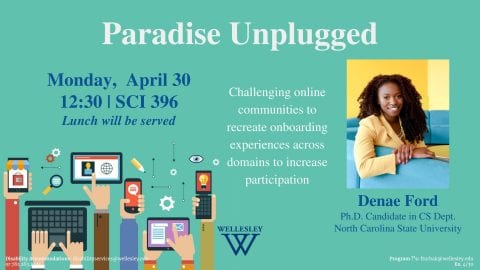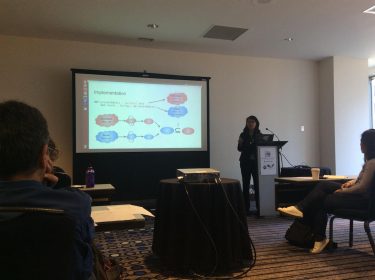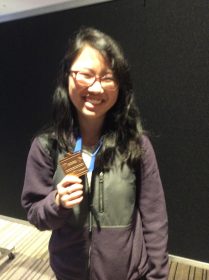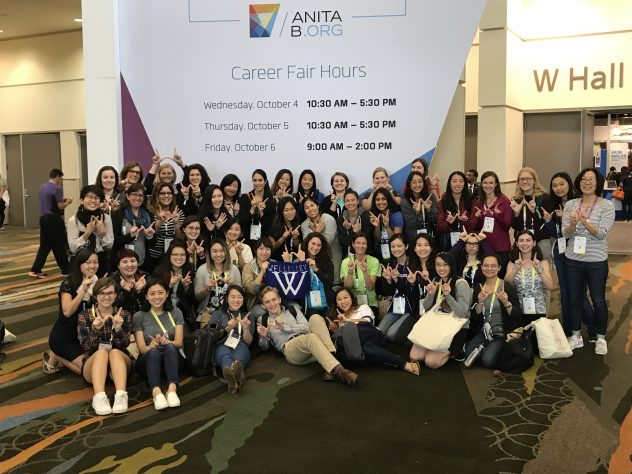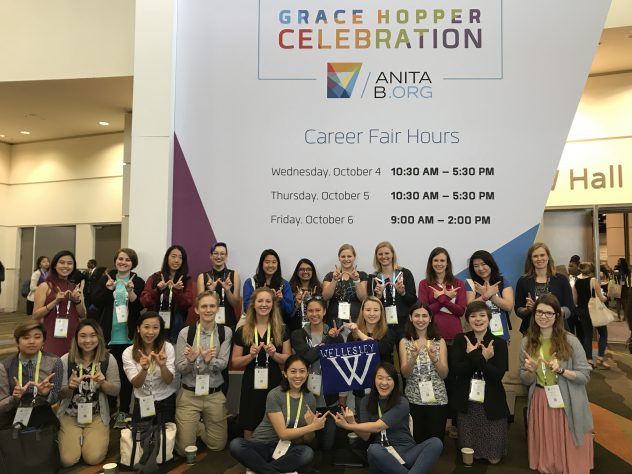Hello CS! As the new year starts, I wanted to share a few thoughts and provide some updates on the past year.
The department is bigger than ever, with 58 CS and 26 MAS majors in the graduating class. Wow! We are full of life in the E-wing of the Science Center, and constantly evaluating how best to ensure inclusive excellence. A number of student groups have been doing terrific work in helping us identify ways to continue to strengthen our academic program and ensure its inclusiveness so that all members of the community feel a strong sense of belonging. It’s great to see the wonderful engagement of students making a difference both in the world and in our smaller CS community at Wellesley!
In terms of expanding our curriculum, we’ve added new courses this year, such as Introduction to Front-End Web Development (CS 204) and Logic in Computer Science (CS 312), as well as enlivened and modernized a dormant Operating Systems course (CS 341).
On the faculty and staff side of things, the department was sorry to say good bye to three wonderful members of our family. Lab Instructor Susan Buck and Hess Fellow Sravana Reddy left to pursue terrific opportunities elsewhere. During their time at Wellesley, they were excellent educators, thoughtful mentors, deep thinkers, consummate professionals, and close colleagues. We will miss them at Wellesley and we wish them the best in their pursuits. Our long-time administrative assistant, Rita Purcell, also left as she and her husband coordinated their retirement together. Rita was the hub of the CS department for nearly two decades, being the first person we went to when we had questions and the last person still in the room with us when we needed help. Rita’s retirement is well earned. We hope she has a wonderful time and, importantly, that she visits us often.
We have also been busy in welcoming new members of our community. We are delighted that Susan Lange joined us in the fall as our administrative assistant. Susan knows the College well, having worked previously with the Africana Studies Department and the Provost’s Office at the College. She’s been off to a quick start and we are grateful for all of her help. We welcomed three new faculty members this fall, as well. Dr. Cibele Freire received her PhD from U. Mass Amherst and does work in theoretical computer science, such as database theory and complexity problems. Dr. Freire is our new Hess Fellow and is teaching Languages and Automata (CS 235) this year along with a new course in Logic. Dr. Ada Lerner received their PhD from the University of Washington and does work in computer security and privacy. Dr. Lerner is teaching Data Structures (CS 230) and the popular Computer Security and Privacy (CS 342). Dr. Catherine Delcourt received her PhD from Georgia Tech and does work in human-computer interaction and social computing. Dr. Delcourt is teaching Computing for the Socio-Techno Web (CS 115) and knows the College well as an alumna! We are thrilled to have these excellent scholar-educators join us!
If you happen to be reading this and you are not on campus, please be in touch! Nothing makes us happier than connecting with students, alumnae, and other members of the community who share our interest in CS. We would love to hear from you. We wish everyone a wonderful new year!
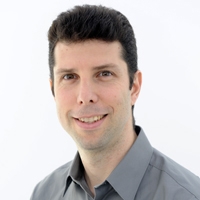

Brian Tjaden
Chair, Computer Science Department
